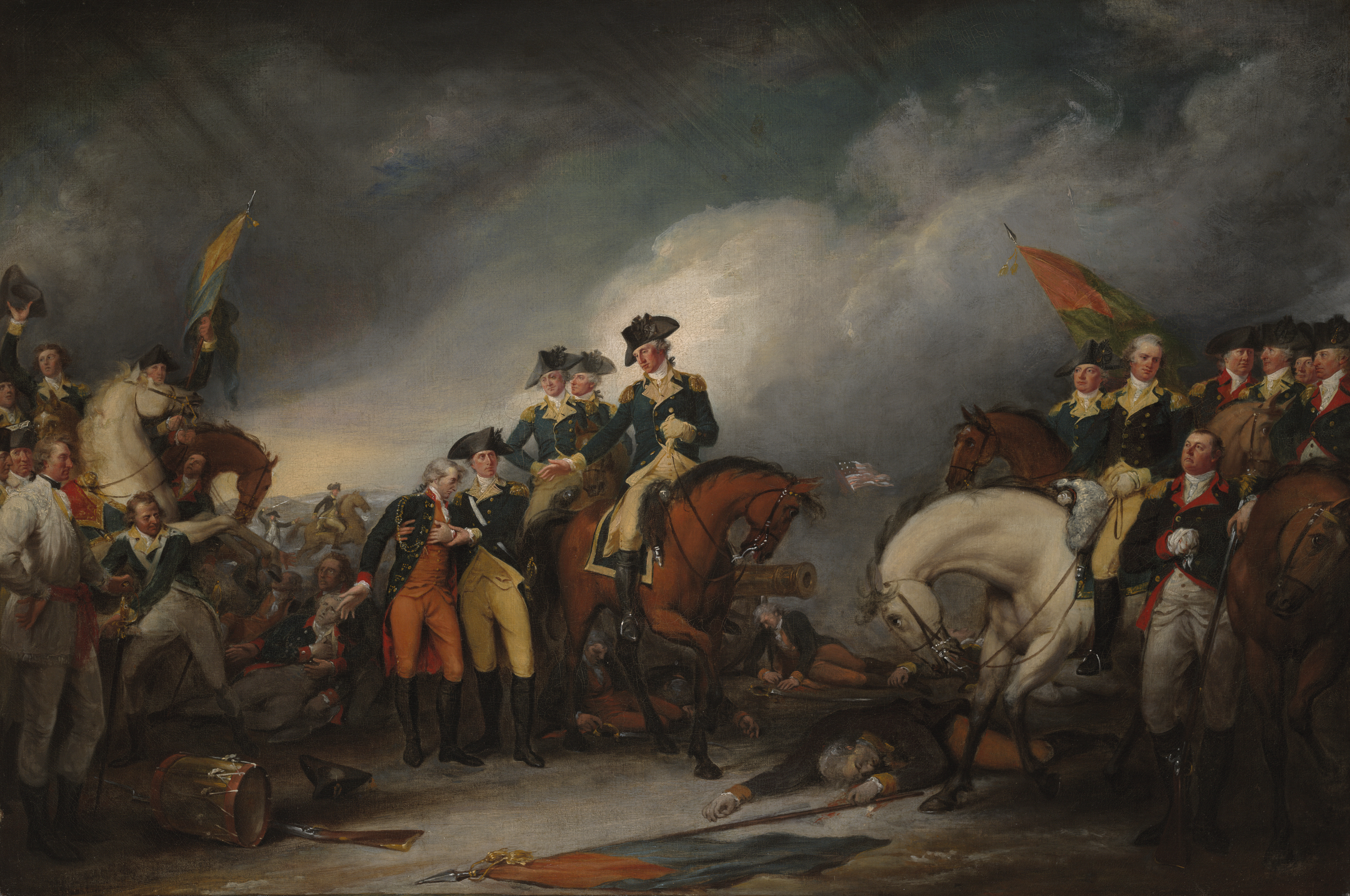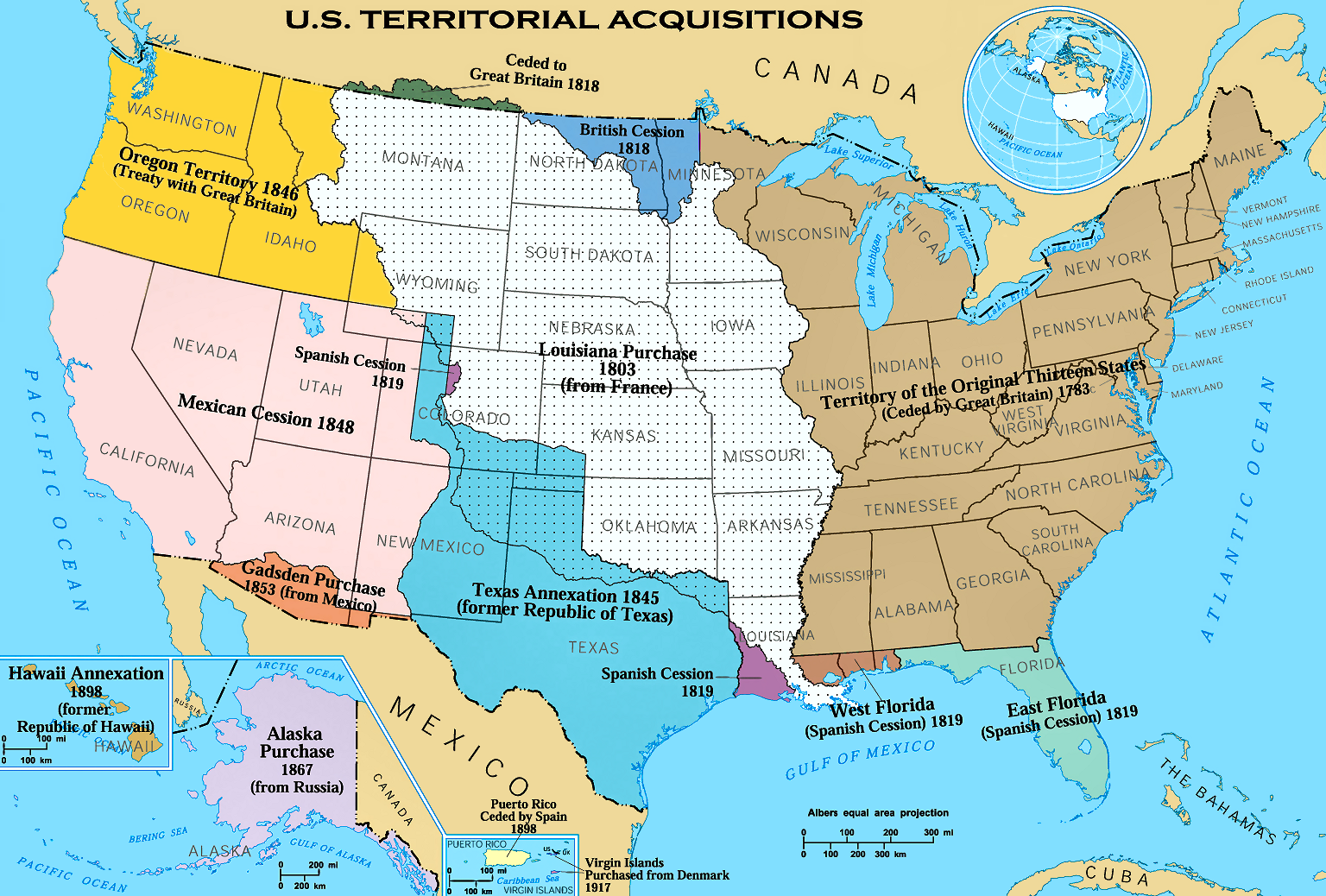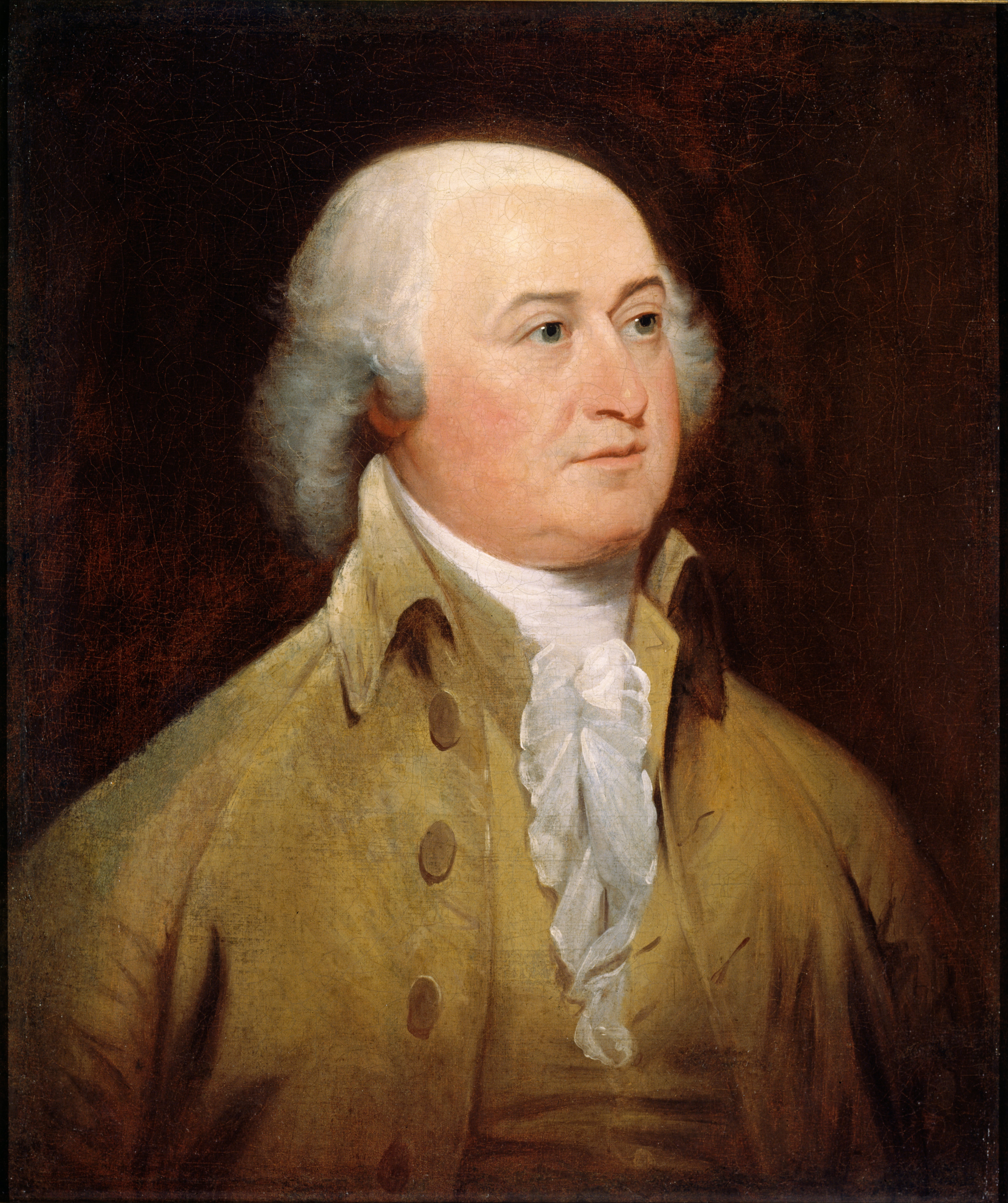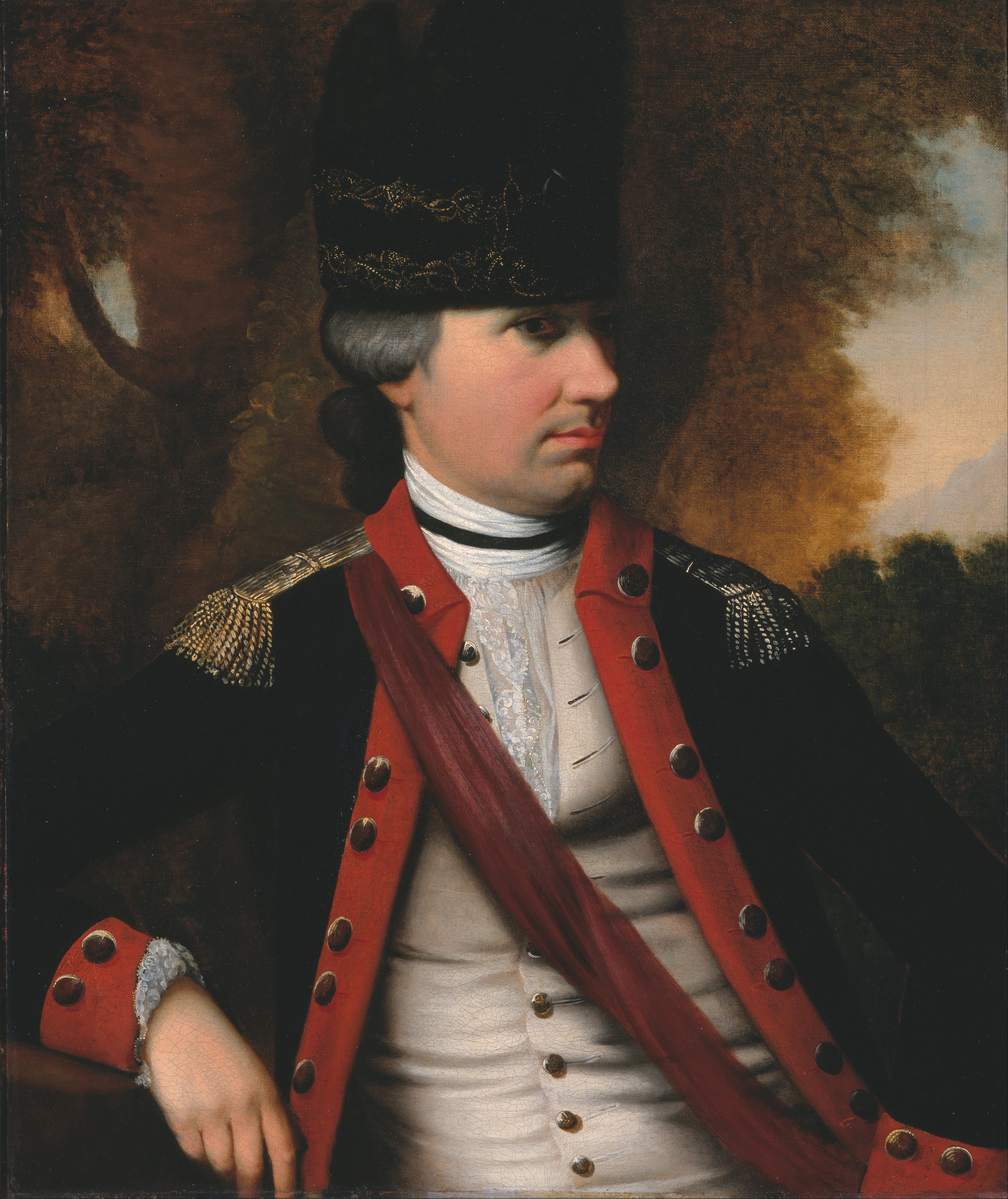|
American Ambassador To France
The United States ambassador to France is the official representative of the president of the United States to the president of France. The United States has maintained diplomatic relations with France since the American Revolution. Relations were upgraded to the higher rank of Ambassador in 1893. The diplomatic relationship has continued through France's two empires, three monarchies, and five republics. Since 2006 the ambassador to France has also served as the ambassador to Monaco. List of United States chiefs of mission in France Ministers to the Court of Versailles (1778–1792) Relations between the United States and the French Court of Versailles were established in 1778 with the signing of the Treaty of Amity and Commerce. As a republic, the United States was not entitled to send an ambassador. Instead, relations were maintained at the lower diplomatic rank of ''Minister''. The position was formally known as the ''Minister Plenipotentiary from the United States ... [...More Info...] [...Related Items...] OR: [Wikipedia] [Google] [Baidu] |
Denise Bauer
Denise Campbell Bauer (born January 30, 1964) is an American diplomat serving as the United States ambassador to France and Monaco. Bauer served as Ambassador of the United States to Belgium from 2013 to 2017. After being nominated by President Barack Obama, she was confirmed unanimously by the U.S. Senate on August 2, 2013; she was sworn in the following August 7. She left office on January 20, 2017. A member of the Democratic Party, she was the executive director of Women for Biden. Education Bauer graduated from Occidental College in 1986 with a Bachelor of Arts degree in political science, with an emphasis in foreign affairs and national security. Career She began her career in television news in Los Angeles, where she worked as a field producer and researcher for KCBS-TV News from 1985 to 1988, as a news producer for the North American bureau of Nine Network Australia from 1988 to 1990, and as a freelance film and video producer from 1990 to 1992. From 1993 until 1994 ... [...More Info...] [...Related Items...] OR: [Wikipedia] [Google] [Baidu] |
James Monroe (1758-1831)
James Monroe ( ; April 28, 1758July 4, 1831) was an American statesman, lawyer, and diplomat who served as the fifth president of the United States from 1817 to 1825. A member of the Democratic-Republican Party, Monroe was the last president who was a Founding Father as well as the last president of the Virginia dynasty and the Republican Generation; his presidency coincided with the Era of Good Feelings, concluding the First Party System era of American politics. He is perhaps best known for issuing the Monroe Doctrine, a policy of opposing European colonialism in the Americas while effectively asserting U.S. dominance, empire, and hegemony in the hemisphere. He also served as governor of Virginia, a member of the United States Senate, U.S. ambassador to France and Britain, the seventh Secretary of State, and the eighth Secretary of War. Born into a slave-owning planter family in Westmoreland County, Virginia, Monroe served in the Continental Army during the American ... [...More Info...] [...Related Items...] OR: [Wikipedia] [Google] [Baidu] |
Palace Of Versailles
The Palace of Versailles ( ; french: Château de Versailles ) is a former royal residence built by King Louis XIV located in Versailles, Yvelines, Versailles, about west of Paris, France. The palace is owned by the French Republic and since 1995 has been managed, under the direction of the Ministry of Culture (France), French Ministry of Culture, by the Public Establishment of the Palace, Museum and National Estate of Versailles. Some 15,000,000 people visit the palace, park, or gardens of Versailles every year, making it one of the most popular tourist attractions in the world. Louis XIII built a simple hunting lodge on the site of the Palace of Versailles in 1623 and replaced it with a small château in 1631–34. Louis XIV expanded the château into a palace in several phases from 1661 to 1715. It was a favorite residence for both kings, and in 1682, Louis XIV moved the seat of his court and government to Versailles, making the palace the ''de facto'' capital of France. This ... [...More Info...] [...Related Items...] OR: [Wikipedia] [Google] [Baidu] |
Louisiana Purchase
The Louisiana Purchase (french: Vente de la Louisiane, translation=Sale of Louisiana) was the acquisition of the territory of Louisiana by the United States from the French First Republic in 1803. In return for fifteen million dollars, or approximately eighteen dollars per square mile, the United States nominally acquired a total of in Middle America. However, France only controlled a small fraction of this area, most of which was inhabited by Native Americans; effectively, for the majority of the area, the United States bought the "preemptive" right to obtain "Indian" lands by treaty or by conquest, to the exclusion of other colonial powers. The Kingdom of France had controlled the Louisiana territory from 1699 until it was ceded to Spain in 1762. In 1800, Napoleon, the First Consul of the French Republic, regained ownership of Louisiana as part of a broader effort to re-establish a French colonial empire in North America. However, France's failure to suppress a revol ... [...More Info...] [...Related Items...] OR: [Wikipedia] [Google] [Baidu] |
James Monroe
James Monroe ( ; April 28, 1758July 4, 1831) was an American statesman, lawyer, diplomat, and Founding Father who served as the fifth president of the United States from 1817 to 1825. A member of the Democratic-Republican Party, Monroe was the last president of the Virginia dynasty and the Republican Generation; his presidency coincided with the Era of Good Feelings, concluding the First Party System era of American politics. He is perhaps best known for issuing the Monroe Doctrine, a policy of opposing European colonialism in the Americas while effectively asserting U.S. dominance, empire, and hegemony in the hemisphere. He also served as governor of Virginia, a member of the United States Senate, U.S. ambassador to France and Britain, the seventh Secretary of State, and the eighth Secretary of War. Born into a slave-owning planter family in Westmoreland County, Virginia, Monroe served in the Continental Army during the American Revolutionary War. After studying law u ... [...More Info...] [...Related Items...] OR: [Wikipedia] [Google] [Baidu] |
Robert R Livingston, Attributed To Gilbert Stuart (1755-1828)
The name Robert is an ancient Germanic given name, from Proto-Germanic "fame" and "bright" (''Hrōþiberhtaz''). Compare Old Dutch ''Robrecht'' and Old High German ''Hrodebert'' (a compound of '' Hruod'' ( non, Hróðr) "fame, glory, honour, praise, renown" and ''berht'' "bright, light, shining"). It is the second most frequently used given name of ancient Germanic origin. It is also in use as a surname. Another commonly used form of the name is Rupert. After becoming widely used in Continental Europe it entered England in its Old French form ''Robert'', where an Old English cognate form (''Hrēodbēorht'', ''Hrodberht'', ''Hrēodbēorð'', ''Hrœdbœrð'', ''Hrœdberð'', ''Hrōðberχtŕ'') had existed before the Norman Conquest. The feminine version is Roberta. The Italian, Portuguese, and Spanish form is Roberto. Robert is also a common name in many Germanic languages, including English, German, Dutch, Norwegian, Swedish, Scots, Danish, and Icelandic. It can be use ... [...More Info...] [...Related Items...] OR: [Wikipedia] [Google] [Baidu] |
Convention Of 1800
The Convention of 1800, also known as the Treaty of Mortefontaine, was signed on September 30, 1800, by the United States of America and France. The difference in name was due to Congressional sensitivity at entering into treaties, due to disputes over the 1778 treaties of Alliance and Commerce between France and the US. The Convention terminated the 1778 agreements, confirmed the principle of 'free trade, free goods' between the two countries and ended the 1798–1800 Quasi-War, an undeclared naval war waged primarily in the Caribbean. However, it failed to address the issue of compensation demanded by American ship owners for losses suffered before and during the Quasi-War, and as a result was not approved by Congress until December 1801. By removing areas of friction between the two countries, it re-established Franco-American relations, and ultimately facilitated the 1803 Louisiana Purchase. Background Under the Treaty of Alliance (1778), in return for support in the Americ ... [...More Info...] [...Related Items...] OR: [Wikipedia] [Google] [Baidu] |
Quasi-War
The Quasi-War (french: Quasi-guerre) was an undeclared naval war fought from 1798 to 1800 between the United States and the French First Republic, primarily in the Caribbean and off the East Coast of the United States. The ability of Congress to authorize military action without a formal declaration of war was later confirmed by the Supreme Court and formed the basis of many similar actions since, including American participation in the Vietnam War and the 1991 Gulf War. In 1793, Congress suspended repayments of French loans incurred during the American Revolutionary War. The dispute escalated further due to different interpretations of the 1778 treaties of Alliance and Commerce between the two countries. France, then engaged in the 1792–1797 War of the First Coalition, which included Great Britain, viewed the 1794 Jay Treaty between the United States and Britain as incompatible with those treaties, and retaliated by seizing American ships trading with Britain. D ... [...More Info...] [...Related Items...] OR: [Wikipedia] [Google] [Baidu] |
XYZ Affair
The XYZ Affair was a political and diplomatic episode in 1797 and 1798, early in the presidency of John Adams, involving a confrontation between the United States and Republican France that led to the Quasi-War. The name derives from the substitution of the letters X, Y, and Z for the names of French diplomats Jean-Conrad Hottinguer (X), Pierre Bellamy (Y), and Lucien Hauteval (Z) in documents released by the Adams administration. An American diplomatic commission was sent to France in July 1797 to negotiate a solution to problems that were threatening to break out into war. The diplomats, Charles Cotesworth Pinckney, John Marshall, and Elbridge Gerry, were approached through informal channels by agents of the French foreign minister, Talleyrand, who demanded bribes and a loan before formal negotiations could begin. Although it was widely known that diplomats from other nations had paid bribes to deal with Talleyrand at the time, the Americans were offended by the demands, ... [...More Info...] [...Related Items...] OR: [Wikipedia] [Google] [Baidu] |
Elbridge Gerry
Elbridge Gerry (; July 17, 1744 – November 23, 1814) was an American Founding Father, merchant, politician, and diplomat who served as the fifth vice president of the United States under President James Madison from 1813 until his death in 1814. The political practice of gerrymandering is named after him. He was the second vice president to die in office. Born into a wealthy merchant family, Gerry vocally opposed British colonial policy in the 1760s and was active in the early stages of organizing the resistance in the American Revolutionary War. Elected to the Second Continental Congress, Gerry signed both the Declaration of Independence and Articles of Confederation. He was one of three men who attended the Constitutional Convention in 1787 who refused to sign the United States Constitution because it did not include a Bill of Rights at the time it was signed. After its ratification, he was elected to the inaugural United States Congress, where he was actively involved ... [...More Info...] [...Related Items...] OR: [Wikipedia] [Google] [Baidu] |
John Marshall
John Marshall (September 24, 1755July 6, 1835) was an American politician and lawyer who served as the fourth Chief Justice of the United States from 1801 until his death in 1835. He remains the longest-serving chief justice and fourth-longest serving justice in the history of the U.S. Supreme Court, and is widely regarded as one of the most influential justices ever to serve. Prior to joining the Court, Marshall served as the fourth U.S. Secretary of State under President John Adams. Marshall was born in Germantown in the Colony of Virginia in 1755. After the outbreak of the American Revolutionary War, he joined the Continental Army, serving in numerous battles. During the later stages of the war, he was admitted to the state bar and won election to the Virginia House of Delegates. Marshall favored the ratification of the U.S. Constitution, and he played a major role in Virginia's ratification of that document. At the request of President Adams, Marshall traveled to France i ... [...More Info...] [...Related Items...] OR: [Wikipedia] [Google] [Baidu] |
Charles Cotesworth Pinckney
Charles Cotesworth Pinckney (February 25, 1746 – August 16, 1825) was an American Founding Father, statesman of South Carolina, Revolutionary War veteran, and delegate to the Constitutional Convention where he signed the United States Constitution. He was twice nominated by the Federalist Party as its presidential candidate in 1804 and 1808, losing both elections. Pinckney was born into a powerful family of Southern planters. He practiced law for several years and was elected to the colonial legislature. A supporter of independence from Great Britain, Pinckney served in the Revolutionary War, rising to the rank of brigadier-general. After the war, he won election to the South Carolina legislature, where he and his brother Thomas Pinckney represented the landed elite of the South Carolina Lowcountry. An advocate of a stronger federal government, Pinckney served as a delegate to the 1787 Philadelphia Convention, which wrote a new federal constitution. Pinckney's influence help ... [...More Info...] [...Related Items...] OR: [Wikipedia] [Google] [Baidu] |

.jpg)








